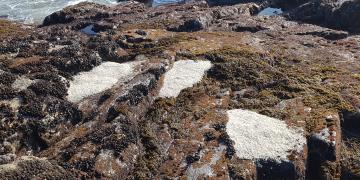Promote sustainable use of wild guanaco populations through demonstrative experiences of live shearing in La Payunia.
Encourage the generation of a chain that increases the commercial value of the guanaco fiber by linking the primary production sectors with the national and international textile sectors.
Generate wildlife friendly certifications that increase the market value of the fiber
To Foster that Wildlife Friendly Actions (i.e, guanaco use) could bring solutions on the conflict generated between conservation and livestock production paradigm.
